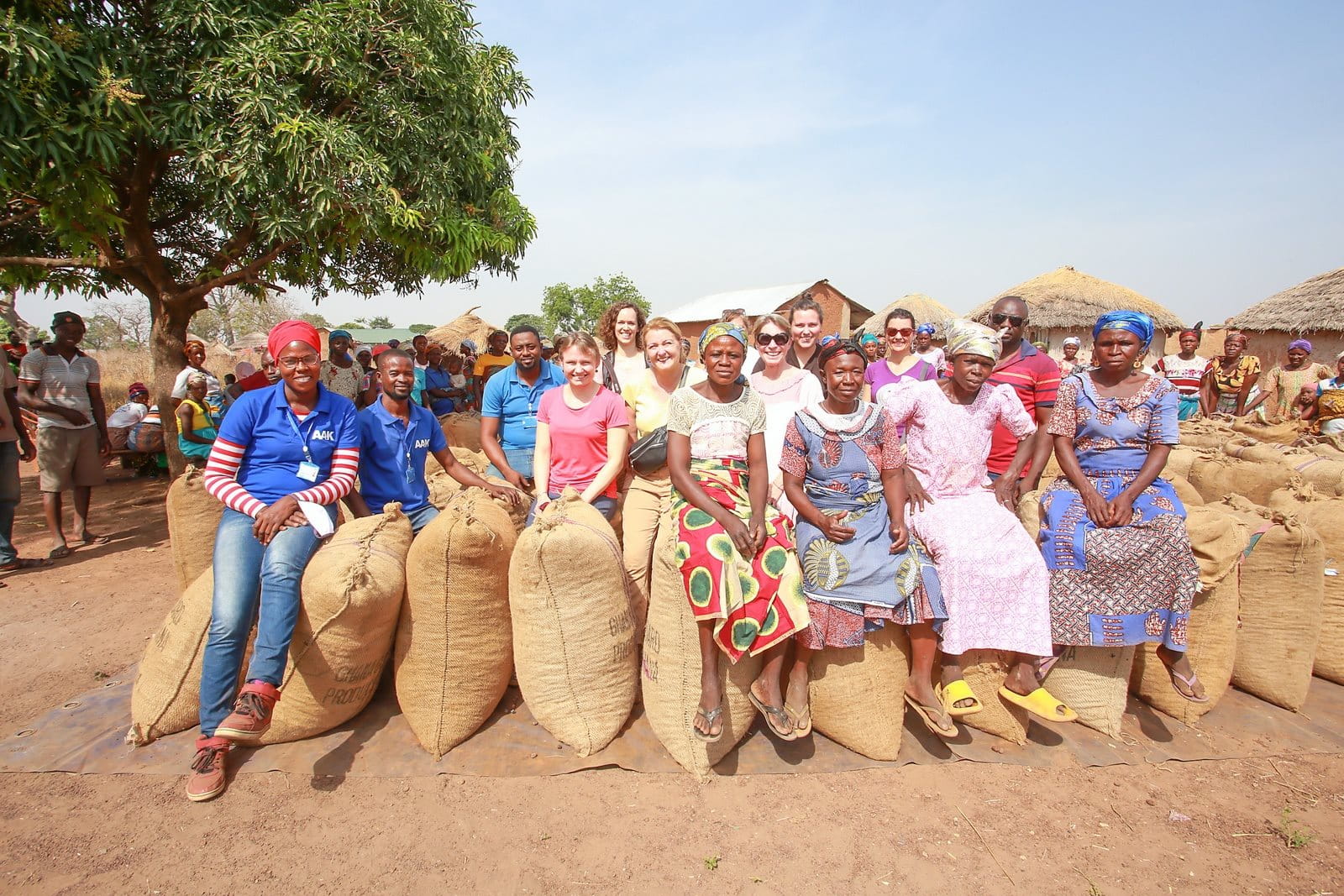
Since 2019, we have joined forces with our shea supplier AAK and the Global Shea Alliance to empower women shea collectors in Ghana and Burkina Faso. The shared goal of the project is to support 10,000 women through long-lasting initiatives over 5 years. The three initiatives chosen for the collaboration include shea tree planting, village savings and loans associations (VSLA) trainings and rocket stove trainings (i.e. ‘clean cookstoves’). These initiatives are anchored in Beiersdorf’s Sustainability Agenda CARE BEYOND SKIN and AAK’s direct sourcing program Kolo-Nafaso.
We spoke with Julia Beier (Responsible Sourcing Manager at Beiersdorf) and Lisette Townsend (Global Marketing Director at AAK) about the milestones reached after 2.5 years, how the project truly empowers women and what they are looking forward to as the project and collaboration continues until 2024.





